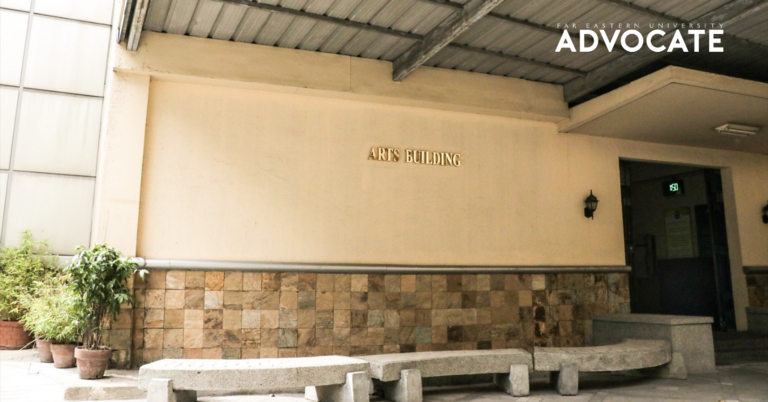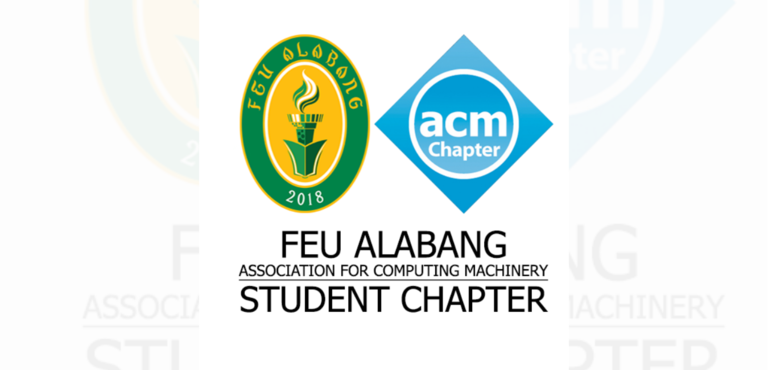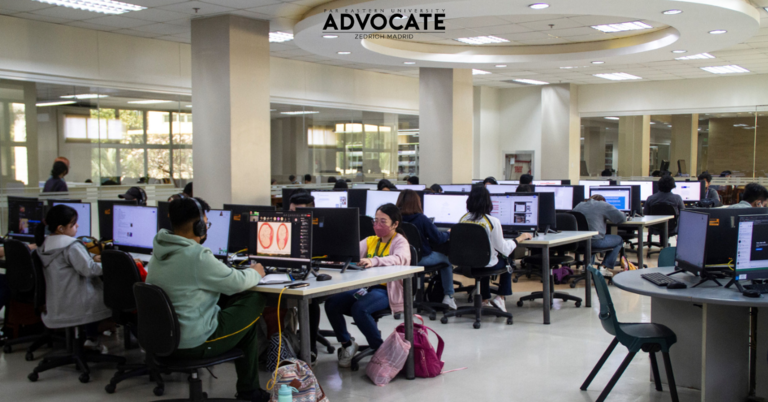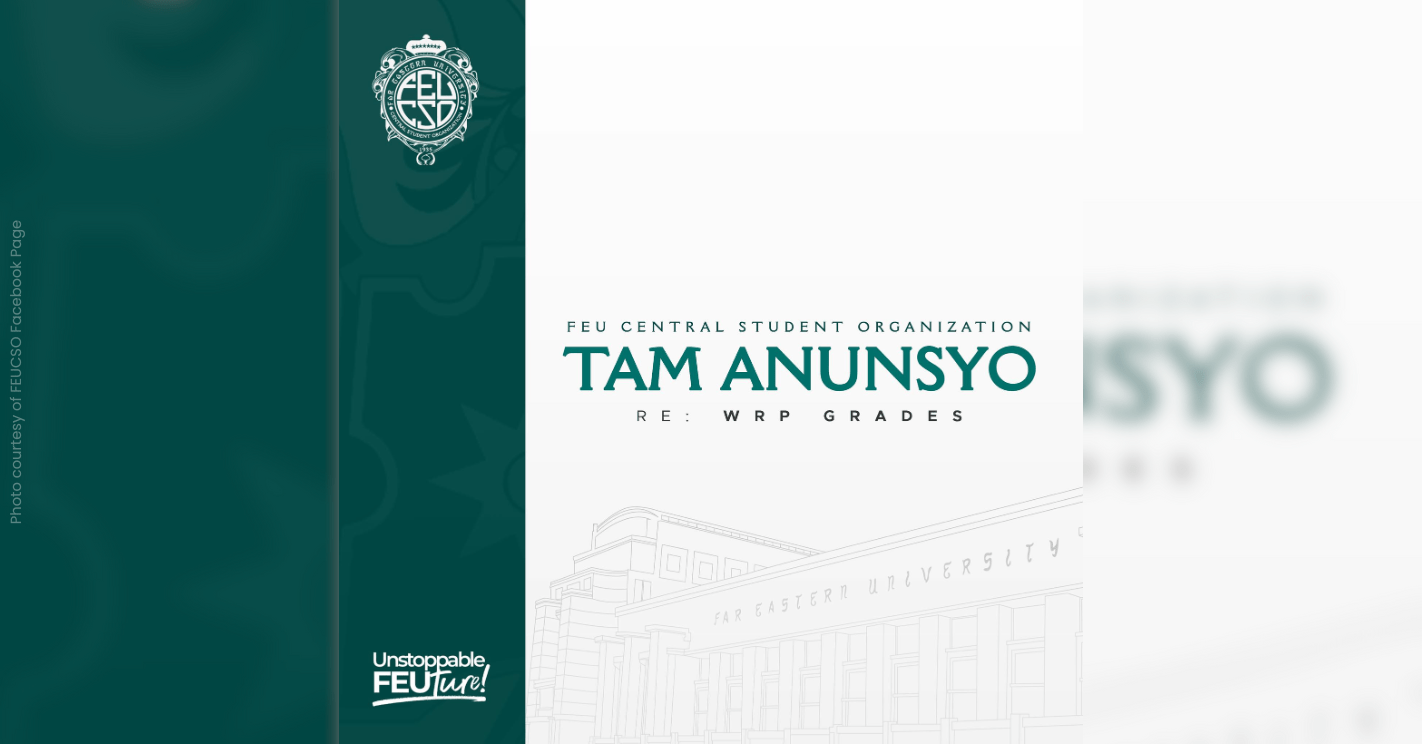
WRP links failed marks to studes’ negligence, later nods grade appeals
- June 06, 2024 13:02
FEU Advocate
July 07, 2020 04:04
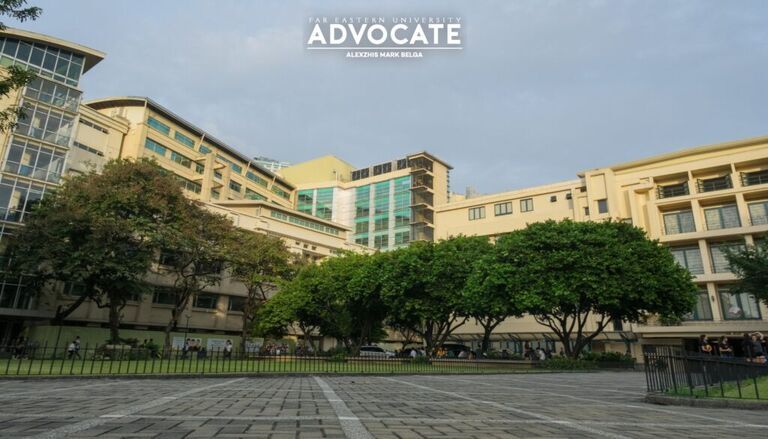
Far Eastern University (FEU) has confirmed that there will be no increase in tuition and other school fees (TOSF) for the upcoming first semester of Academic Year (AY) 2020-2021 despite paradigm shift in learning.
In an online response to FEU Advocate last Sunday, the administration has decided not to implement the increase in student fees due to the pandemic’s impact in financials.
“FEU recognizes the financial impact of the COVID-19 pandemic on everyone. In fact, the viability or sustainability of FEU’s operations is also significantly affected. But given the dire times, it is crucial that we support each other as members of the FEU Community,” Vice President for Academic Services (VPAS) Joeven Castro shared.
On the question regarding rebates from AY 2019-2020, Castro stated that each student and degree program will have different rebates “mainly shaped by variations in the total number and type of enrolled courses.”
Earlier this year, FEU held the annual university tuition consultation which settled with a 3.5% proposed increase and a P9,000 down payment for all institutes.
According to Castro, FEU is still waiting for an advisory from Commission on Higher Education (CHED) with regards to when students can expect the increase to occur.
In accordance, FEU has already completed the requirements based on CHED’s Memorandum Order No. 3, Series of 2012. All relevant documents for the TOSF increase were also submitted to CHED in March 2020 before the cancellation of face-to-face classes due to the pandemic.
Paradigm shift in learning
For the upcoming semester, the University bared plans on different learning options such as Synchronous, Asynchronous and Total Analogue learning modes which will cater students in different situations.
Synchronous learning requires a stable internet connection and will utilize video conferencing on Canvas which means learning and instruction happens at the same time, while Asynchronous learning happens with the student's own pace and discipline. Lastly, Total Analogue learning is advisable for students with minimal internet access as the learning materials will be compiled and couriered in a flash drive.
"A paradigm shift in understanding the difference between in-school and online learning is necessary. The learning options for First Semester of AY 2020-2021 require their peculiar instructional designs and cost structures that are different from the in-school learning format,” Castro added.
Development costs for accelerating the preparation of learning resources and enhancement of the quality of online learning experience are the significant changes this year.
Faculty will be working overtime prior to the opening of the school year and new systems for tracking student engagement, health services, career placement and guidance counseling online.
Further, the total rebate for the year will depend on requisites that will enhance the quality of remote learning as well as to provide financial assistance to the students in need.
-Arabella Rochynne Asis





